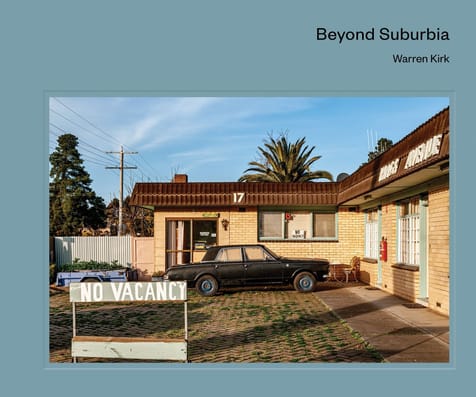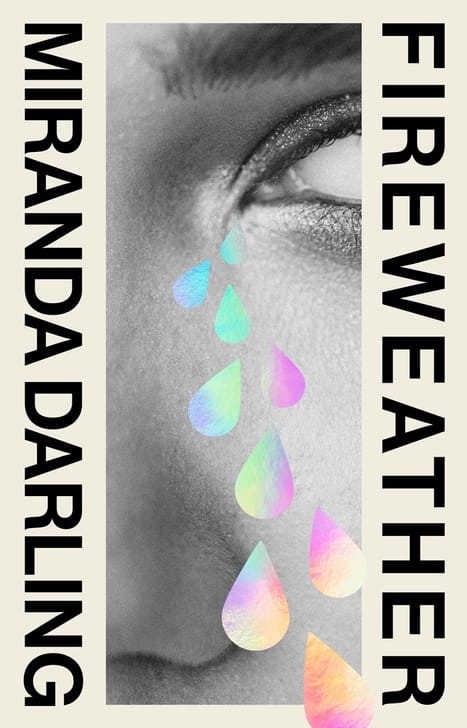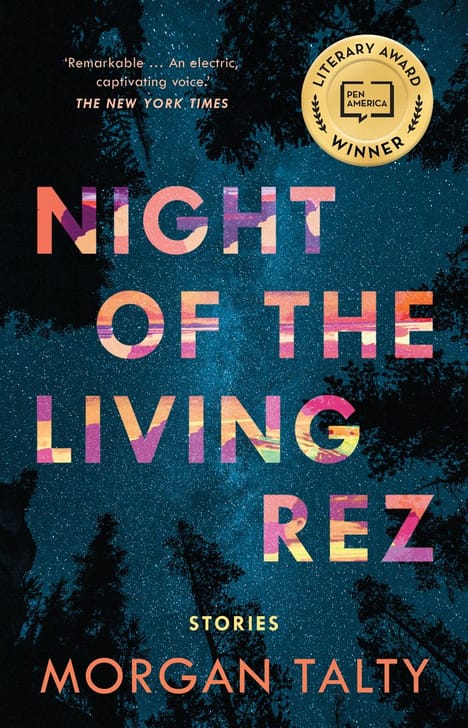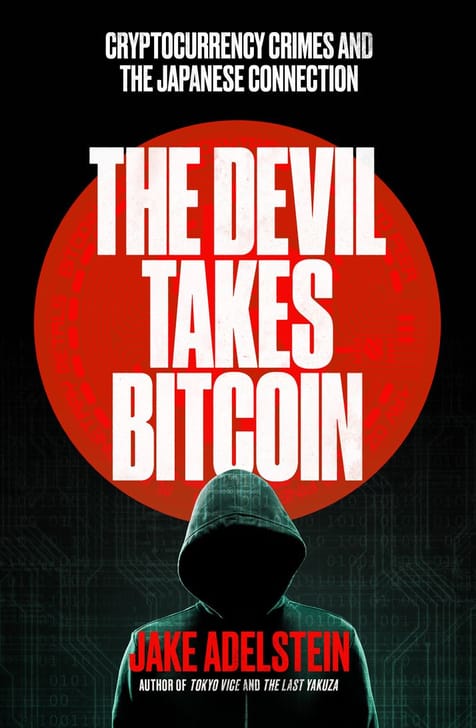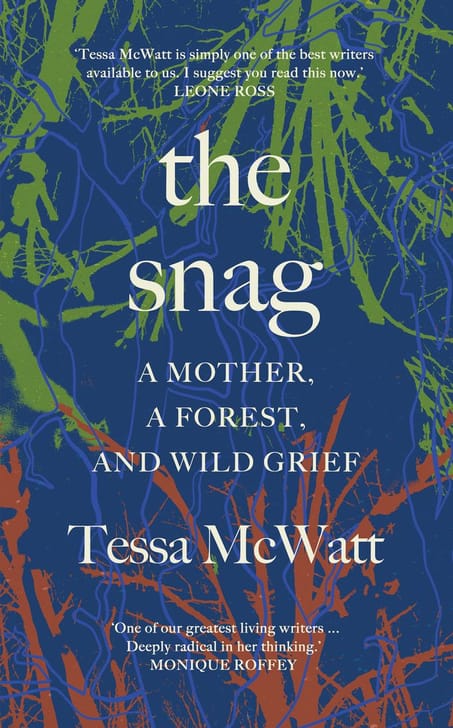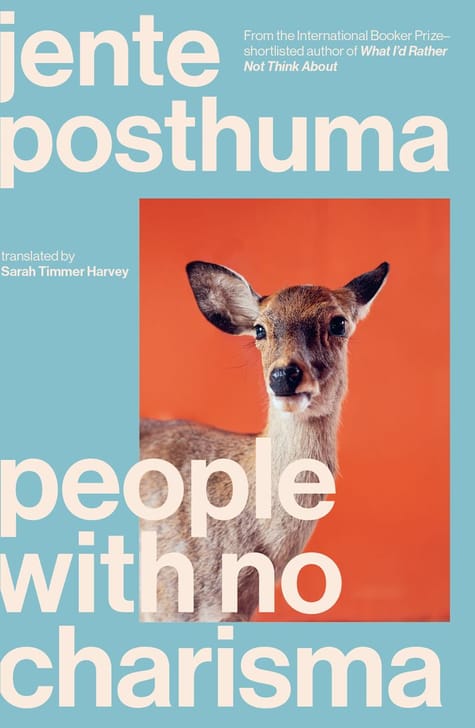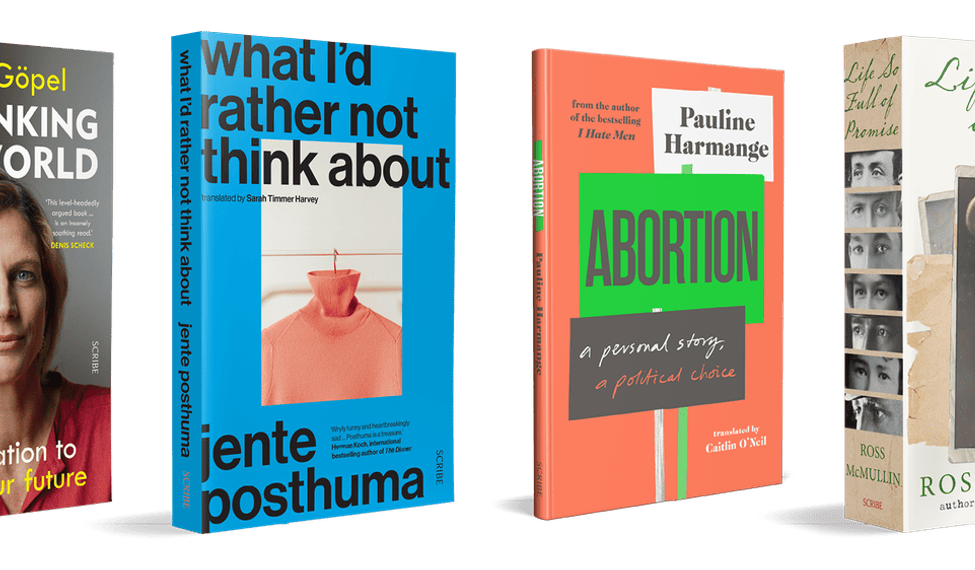
Related Books
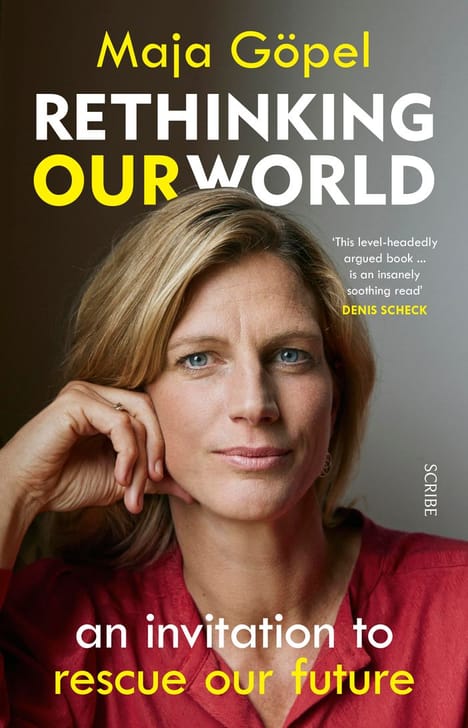
Rethinking Our World
A compelling and persuasive look at the social transformations needed to cope with our environmental crises.
As this major German bestseller reports, our world is at a tipping point, and we feel it every day. On the one hand, we have never been so well off; on the other hand, we find destruction and crisis everywhere we look. Whether throughout the environment or within society, our systems are under stress.
In this book, Maja Göpel, co-founder of the Scientists for Future initiative and a former secretary-general of the German Advisory Council on Global Change, explains that this new reality didn’t just happen overnight, but rather is a result of our continuous actions — actions propelled by principles and beliefs, which have shaped us as a society over generations. We do not solely face an environmental crisis, but also a social one. It’s time to question our principles, set new goals, and re-evaluate our priorities. It’s time to rethink our world, because if we want to keep our livelihoods, we need to find a way of living without draining our planet any further. We need a fair distribution of wealth and a way to reconcile the social with the ecological.
Critical, yet full of encouragement, Maja Göpel chooses surprising and enlightening examples to illustrate how we can leave behind our familiar ways of living to achieve a better future. With that, she invites us to look at this future we are shaping every day in a new and completely different way.
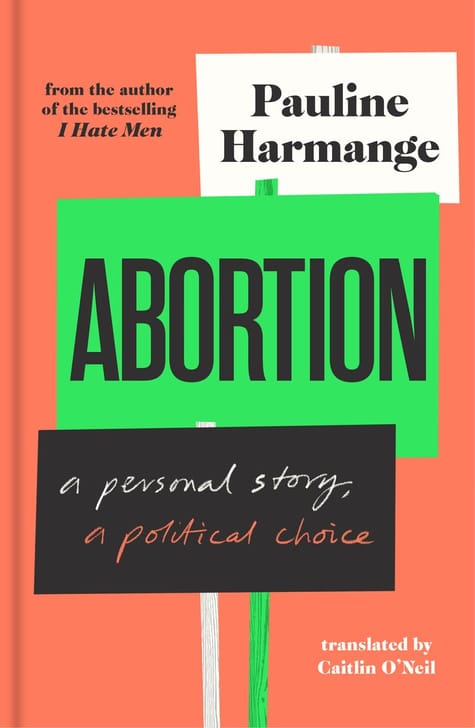
Abortion
‘How better to honour the women who have fought for abortion rights, those who are still fighting around the world, those who have suffered from its illegality, those who still suffer from its limitations, than to continue to talk about it?’
In this timely essay, Pauline Harmange provides an intimate, detailed account of her abortion. Reminiscent of Annie Ernaux’s Happening, Abortion is nuanced, complex, honest, and precise. Harmange gives voice to the emotions, reflections, and contradictions that someone could experience when they choose to terminate a pregnancy.
At a time in which women’s reproductive rights are being called into question around the world, Abortion is a clarion call, a powerful personal testimony, and a resolutely political vision: to restore power to our experiences, all our experiences, by sharing them, and to transform society for the better.
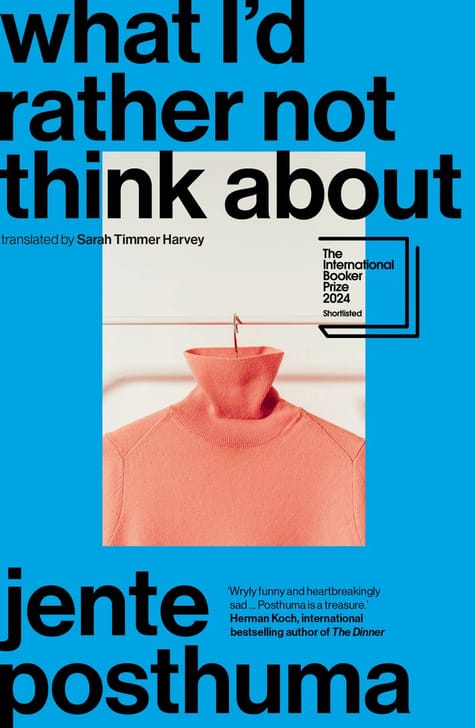
What I’d Rather Not Think About
SHORTLISTED FOR THE 2024 INTERNATIONAL BOOKER PRIZE
What if one half of a pair of twins no longer wants to live? What if the other can’t live without them?
This question lies at the heart of Jente Posthuma’s deceptively simple What I’d Rather Not Think About. The narrator is a twin whose brother has recently taken his own life. She looks back on their childhood, and tells of their adult lives: how her brother tried to find happiness, but lost himself in various men and the Bhagwan movement, though never completely.
In brief, precise vignettes, full of gentle melancholy and surprising humour, Posthuma tells the story of a depressive brother, viewed from the perspective of the sister who both loves and resents her twin, struggles to understand him, and misses him terribly.
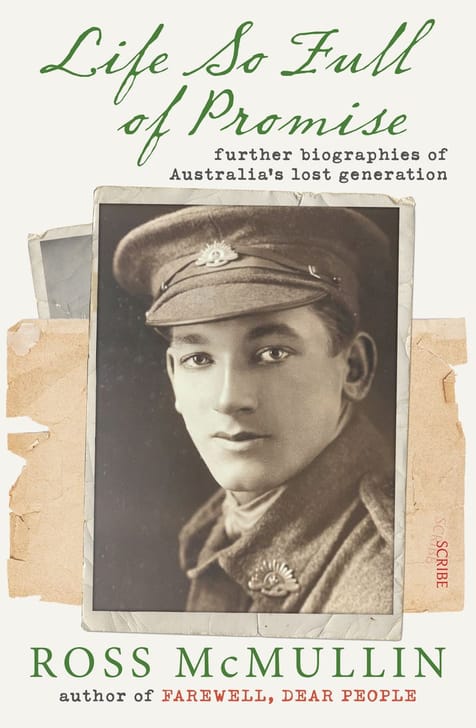
Life So Full of Promise
WINNER OF THE 2024 AGE BOOK OF THE YEAR PRIZE FOR NONFICTION
Acclaimed historian and biographer Ross McMullin has again combined prodigious research and narrative flair in this sequel to Farewell, Dear People, the winner of multiple awards including the Prime Minister’s Prize for Australian History.
Life So Full of Promise, his second multi-biography about Australia’s lost generation of World War I, features a collection of interwoven stories set in that defining era.
The rich cast includes a talented barrister whose outstanding leadership enabled a momentous victory in France; an eminent newspaper editor who kept his community informed about the war while his sons were in the trenches; an energetic soldiers’ mother who became a political activist and a Red Cross dynamo; an admired farmer whose unit was rushed to the rescue in the climax of the conflict; the close sisters from Melbourne who found their lives transformed; a popular doctor who was more fervently mourned than any other Australian casualty; and a bohemian Scandinavian blonde who disrupted one of Sydney’s best-known families.
A feature of the book is its coverage of cricket and cricketers of the era. It reveals the untold story of a keen all-rounder who was chosen in an Australian team to tour England, but surprisingly did not go. There is also a superb biography of a brilliant yet practically unknown cricketer whose stunning feat has never been matched. Other prominent characters include the most versatile top-level sportsman Australia has ever known, and a Test prospect whose violent postwar death shocked the nation.
The storytelling is superlative, illuminating and profoundly moving.
